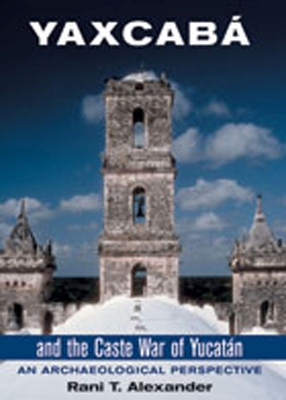The Caste War of Yucatan (1847-1901) is widely regarded as the most successful Indian rebellion in the New World. An attempt by the Maya to rid themselves of foreign domination and revitalise their traditional culture, the conflict led to successful agrarian reform and the reassertion of traditional land use by the Maya. It also generated a new religion with its own priesthood and cultural practices focused on the worship of a prophetic 'talking' cross. This war's economic and cultural transformations provide blueprints for understanding present-day Mexico and the expansion of capitalism to rural areas world-wide. Although important in its consequences, the origins of the war and its interpretations remain controversial. Rani Alexander's interdisciplinary study uses archaeological evidence along with ethnography and history to understand the nature of the region's agrarian system and the processes of resistance. Yaxcaba and its environs, caught in the crossfire of the conflict, were attacked and burned nine times in the course of the war. In view of the enormous loss of life and destruction of property, the post-war agrarian reform seems to be a consequence of economic ruin rather than successful resistance. Only an interdisciplinary approach to these complex events can produce the complete picture that Alexander's work provides.
- ISBN13 9780826329622
- Publish Date 1 June 2004
- Publish Status Out of Stock
- Publish Country US
- Imprint University of New Mexico Press
- Format Hardcover
- Pages 207
- Language English
